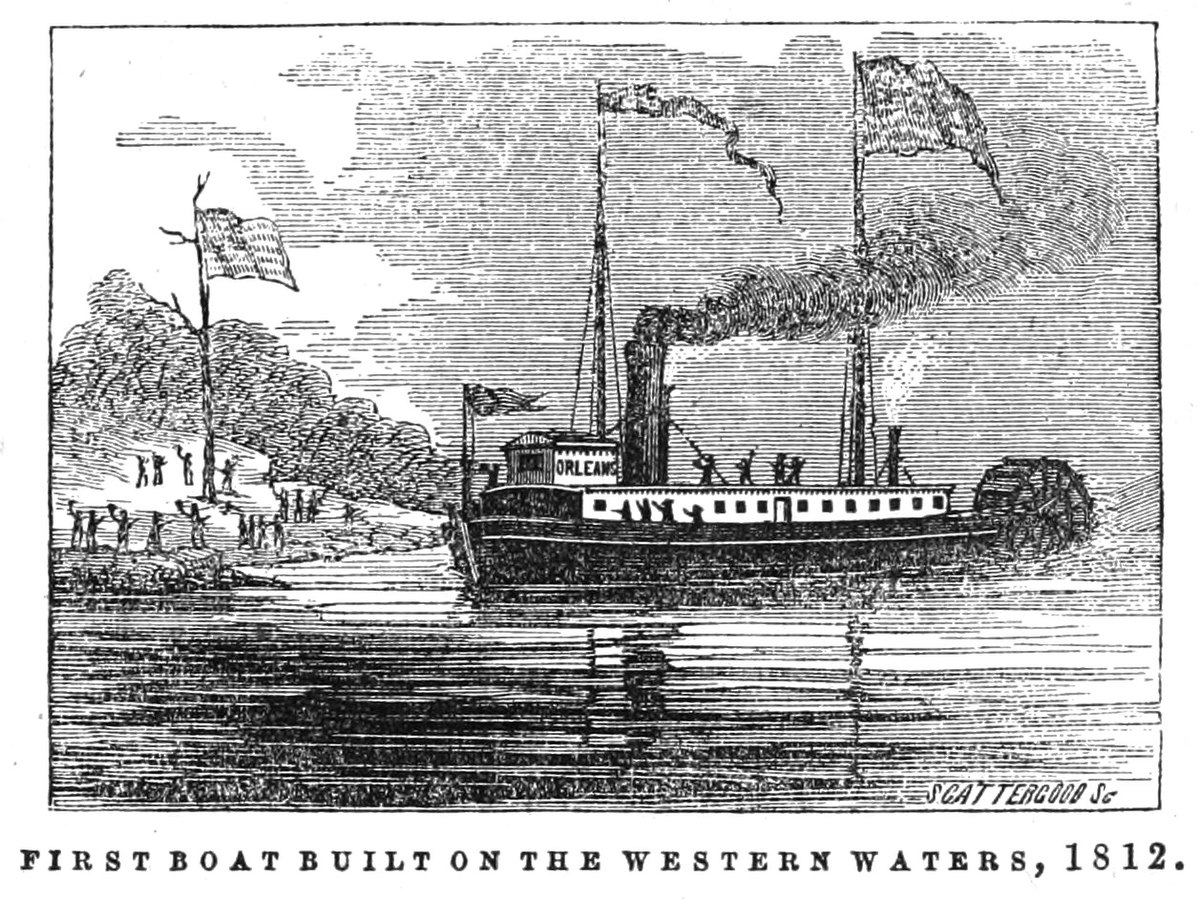Say the British are more successful in taking over Louisiana from the U.S. What would a Louisiana under their control look like? Would America retaliate again, with a third American-British war? Would America entertain the idea of holding an exiled Napoleon?
If the result of the War of 1812 is a British annexation of Louisiana (Lower Louisiana including New Orleans), you need at least two POD :
- POD 1 : the British government is willing to annex Lower Louisiana and New Orleans to halt the westward expansion of the United States, even if it will create a potential "permanent" Casus Belli between the UK and the USA,
- POD 2 : the British Army is far more successful than in OTL in their military campaigns
You can divided the POD 2 into :
POD 2.1 : the British Army physically occupied the territories they want to take from the USA, so New Orleans and some territories in the State of Louisiana, and the Territory of Mississippi
and/or
POD 2.2 : the British Army successfully conquered some territories on the eastern coast of the USA (Washington or or one of majors coastal towns) that the Americans will be willing to exchange against Lower Louisiana,
For the POD 2, you need two things :
- the British Army is more successful with the same order of battle as in OTL (and it is a minor British Wank) as their officers will be rolling more "6" during the battles,
or
- the UK is able to bring more troops for the War of 1812 both on the Canadian and the Louisianan fronts.
To have more troops available for the secondary concern that was the War of 1812 ,the United Kingdom was prioritizing the Napoleonic Wars, you must have a POD on the European Theater. The most obvious is no Peninsular War or at least a Peninsular War where the British Army have no more troops in 1812.
So the POD will be no French invasion of Spain and a Bourbon Spain still allied to Napoleon.
My proposition : please correct or criticize these ideas.
- autumn 1807 : Invasion of Portugal by only the Spanish Army, the Spanish troops OTL (25 500 men) are reinforced by the La Romana Division (15 000 men) than is not send to Northern Germany,
- summer 1808 : Landing of British troops in Portugal and successful British Campaign against the Spanish Army occupying the country,
- autumn 1808 : now led by the General Dalrymple, the British are defeated by a French Army reinforced by Spanish troops,
without a Peninsular War, Austria will probably not declare the War of 1809, and the British will not send troops to Walcheren.
The British decided to intensify their military operations against the French and the Spanish in the Americas. British invasion of French colonies such as Guyane (Cayenne), Guadeloupe and Martinique, British aid to independantist Criollos in Spanish Colonies to provoke and help revolts against the Royalists.
If the British decide to send more troops to the West Indies and to some Latin America ports, and if they used only half of the British Army used in Spain in 1812, it represent ar least 20 000 to 30 000 men available for operations against the Americans.
So to continue my timeline :
- June 1812 : declaration of war of the USA against the UK,
- September 1812 : successful invasion of New Orleans and later occupation of most of the Louisiana State, the British used the additional troops they have in the West Indies because of no Peninsular War,
the British operations can be more successul if the vast majority of the White population (French speaking Creoles and French refugees from Saint Domingue) are neutral in a war between British Anglos and American Anglos.



